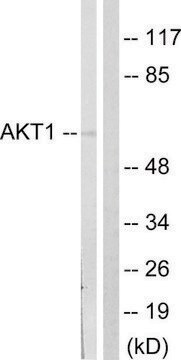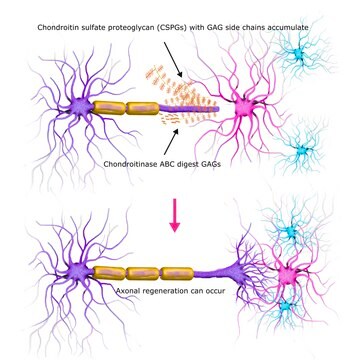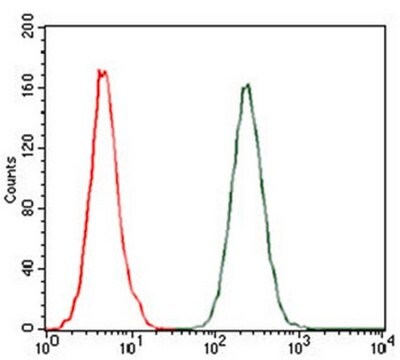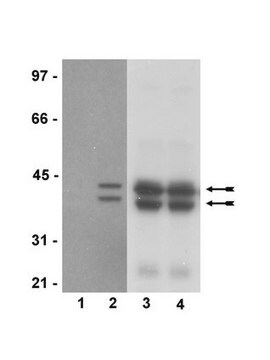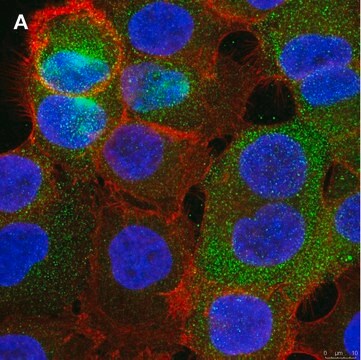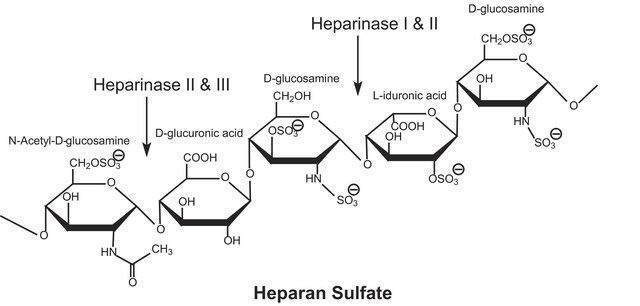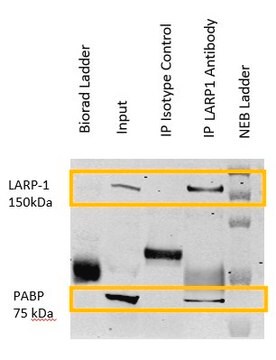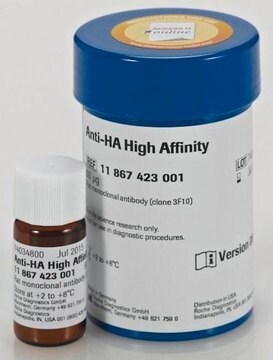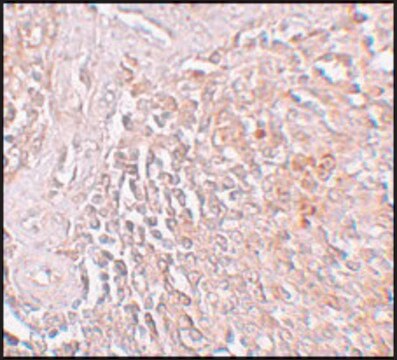추천 제품
생물학적 소스
rabbit
Quality Level
결합
unconjugated
항체 형태
affinity isolated antibody
항체 생산 유형
primary antibodies
클론
polyclonal
제품 라인
Prestige Antibodies® Powered by Atlas Antibodies
양식
buffered aqueous glycerol solution
종 반응성
human
향상된 검증
orthogonal RNAseq
Learn more about Antibody Enhanced Validation
기술
immunohistochemistry: 1:2500- 1:5000
면역원 서열
SHLVEALYLVCGERGFFYTPKTRREAEDLQVGQVELGGGPGAGSLQPLALEGSLQKRGIVEQCCTSICSLYQLENYC
UniProt 수납 번호
배송 상태
wet ice
저장 온도
−20°C
타겟 번역 후 변형
unmodified
유전자 정보
human ... INS(3630)
일반 설명
The INS gene encodes for preproinsulin, which is enzymatically converted into insulin. Insulin is produced in the insulin-producing pancreatic β cells. Preproinsulin is converted to proinsulin in ER and proinsulin is then proteolytically processed to form insulin in newly-forming insulin secretory granules. Insulin production is tightly regulated by specific DNA elements present within ~400 bp in the proximal region of the INS promoter.
애플리케이션
Anti-INS antibody is suitable for immunohistochemistry.
생화학적/생리학적 작용
Insulin is responsible for two types of actions- excitatory and inhibitory. In its excitatory role, it increases the uptake of glucose and lipid synthesis, and in its inhibitory role, it inhibits glycogenolysis, gluconeogenesis, lipolysis, proteolysis and ketogenesis. Aberrant insulin secretion leads to various disorders such as diabetes, hyperglycemia or hypoglycaemia. Type I diabetes is a result of autoimmune destruction of β cells of pancreas, which leads to depletion of insulin. Mutant INS-gene Induced Diabetes of Youth (MIDY) syndrome is an autosomal dominant disorder caused by missense mutations, which lead to aberrant proinsulin folding. Mutations in the INS gene have also been implicated in permanent neonatal diabetes (PND). Impaired glucose tolerance (IGT) or non-insulin-dependent diabetes mellitus (NIDDM) is caused by resistance to insulin- stimulated glucose uptake.
특징 및 장점
Prestige Antibodies® are highly characterized and extensively validated antibodies with the added benefit of all available characterization data for each target being accessible via the Human Protein Atlas portal linked just below the product name at the top of this page. The uniqueness and low cross-reactivity of the Prestige Antibodies® to other proteins are due to a thorough selection of antigen regions, affinity purification, and stringent selection. Prestige antigen controls are available for every corresponding Prestige Antibody and can be found in the linkage section.
Every Prestige Antibody is tested in the following ways:
Every Prestige Antibody is tested in the following ways:
- IHC tissue array of 44 normal human tissues and 20 of the most common cancer type tissues.
- Protein array of 364 human recombinant protein fragments.
결합
Corresponding Antigen APREST85926
법적 정보
Prestige Antibodies is a registered trademark of Merck KGaA, Darmstadt, Germany
면책조항
Unless otherwise stated in our catalog or other company documentation accompanying the product(s), our products are intended for research use only and are not to be used for any other purpose, which includes but is not limited to, unauthorized commercial uses, in vitro diagnostic uses, ex vivo or in vivo therapeutic uses or any type of consumption or application to humans or animals.
적합한 제품을 찾을 수 없으신가요?
당사의 제품 선택기 도구.을(를) 시도해 보세요.
Storage Class Code
10 - Combustible liquids
WGK
WGK 1
Flash Point (°F)
Not applicable
Flash Point (°C)
Not applicable
개인 보호 장비
Eyeshields, Gloves, multi-purpose combination respirator cartridge (US)
가장 최신 버전 중 하나를 선택하세요:
Insulin mutation screening in 1,044 patients with diabetes mutations in the INS gene are a common cause of neonatal diabetes but a rare cause of diabetes diagnosed in childhood or adulthood.
Edghill EL
Diabetes, 57(4), 1034-1042 (2008)
Insulin: understanding its action in health and disease.
P Sonksen et al.
British journal of anaesthesia, 85(1), 69-79 (2000-08-06)
Ming Liu et al.
PloS one, 5(10), e13333-e13333 (2010-10-16)
Recently, a syndrome of Mutant INS-gene-induced Diabetes of Youth (MIDY, derived from one of 26 distinct mutations) has been identified as a cause of insulin-deficient diabetes, resulting from expression of a misfolded mutant proinsulin protein in the endoplasmic reticulum (ER)
Swarup K Chakrabarti et al.
The Journal of biological chemistry, 278(26), 23617-23623 (2003-04-25)
Histone modifying enzymes contribute to the activation or inactivation of transcription by ultimately catalyzing the unfolding or further compaction, respectively, of chromatin structure. Actively transcribed genes are typically hyperacetylated at Lys residues of histones H3 and H4 and hypermethylated at
Ming Liu et al.
Trends in endocrinology and metabolism: TEM, 21(11), 652-659 (2010-08-21)
Type 1B diabetes (typically with early onset and without islet autoantibodies) has been described in patients bearing small coding sequence mutations in the INS gene. Not all mutations in the INS gene cause the autosomal dominant Mutant INS-gene Induced Diabetes
Global Trade Item Number
| SKU | GTIN |
|---|---|
| HPA004932-100UL | 4061836309510 |
| HPA004932-25UL | 4061842768769 |
자사의 과학자팀은 생명 과학, 재료 과학, 화학 합성, 크로마토그래피, 분석 및 기타 많은 영역을 포함한 모든 과학 분야에 경험이 있습니다..
고객지원팀으로 연락바랍니다.
